How I Dealt with Sexism During My Travels To Albania
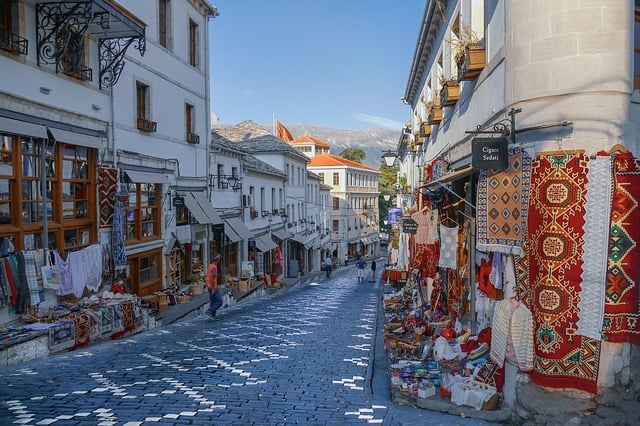
Today we live in a culture of slut-shaming, rape, and discrimination against women across the globe. Society continues to perpetuate these stereotypes and gender roles through crude humor, advertisements, and the media. When I lived in America, I considered myself somewhat of a feminist, but the true feminist in me did not fully develop until I began living abroad. Currently, I am a year into my two years Peace Corps service as a Health Education Volunteer in Albania.
In America, I knew that women were still not treated equally – women only hold 18% of seats in Congress, and still do not receive equal pay for the same work as men. But, it wasn’t until I moved to a foreign country that I realized the true realities that many women around the world face – the harsh reality of blatant sexism.
During my early Peace Corps training last year, I lived in a small village with an Albanian family. I immediately noticed the stark differences between village life and anything that I had experienced before in America. There were no women on the streets, no women in the coffee shops, no women in the restaurants, and no women to be seen outside their homes. I often thought to myself, where were all the women?
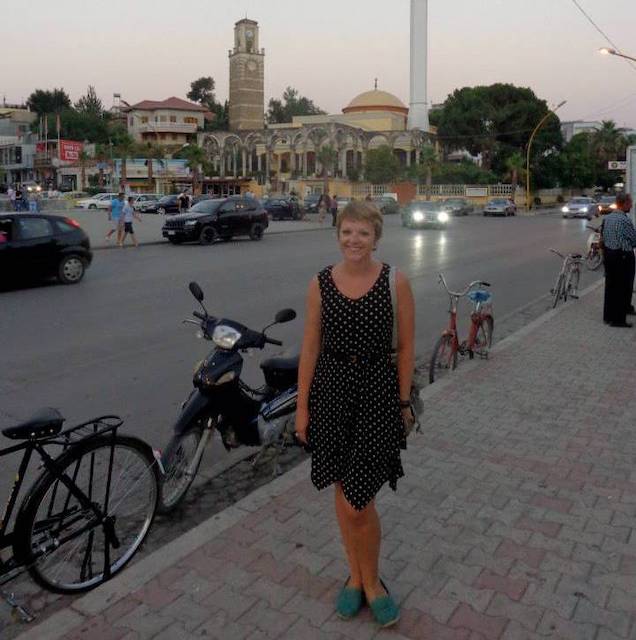
It wasn’t until I moved to a foreign country that I realized the true realities that many women around the world face – the harsh reality of blatant sexism.
After learning more about the culture, I realized that women do not go out in the villages. Their responsibility is to clean the house, cook the meals, and tend to the farm. Village life adheres to those traditional gender roles. The women in my host family would wake up at the crack of dawn, everyday, to begin cleaning the house, cooking breakfast, and doing other housekeeping tasks. The men did not share in any of the work around the house.
Since I am female, I was expected to help out with all the household tasks, which, of course, I did. I wanted to help my host family because I truly loved them, but I did not like the fact that I was expected to do certain things, like wash the dishes every night, just because I am a female. The differences continued after I moved out of my host family’s house into a small conservative city to begin my after-training Peace Corps service.
Having blonde hair, light skin, and blue eyes definitely made me stick out like a sore thumb from day one. These differences in my appearance make me an easy target for men on the street. I often receive catcalls and other comments while walking around. It is common for people to stare at me. Sometimes people turn all the way around and stare at me for hours on public transportation or follow my every movement as I walk past. The staring used to really bother me, but people are curious by nature, and I am foreign to them.
I realized that women do not go out in the villages. Their responsibility is to clean the house, cook the meals, and tend to the farm. Village life adheres to those traditional gender roles.
Throughout the country, there are certain establishments that are only for men. Women can enter, but it would be extremely rare and awkward for everyone involved. There are coffee shops, restaurants, pool halls, and areas of town that are for men, yet there are rarely any places just for women. Some larger places, in bigger and more progressive cities, have established times for women to come and go, and some even have gyms exclusively for women.
But, establishments for men greatly outnumber anything for women. Besides the lack of activities and places for women to go, there continues to be a lack of visible women on the street in my city, and women rarely go outside at night. In the center of my city, I see about one woman for every twenty men. This is not necessarily the case for larger areas in the country.
Another problem for women in Albania is a lack of proper health education and basic hygiene products. Tampons are only sold in larger cities, so many women are forced to use pads their entire lives. Health education is not only an issue for women, but for men as well. Things are slowly changing, but there still are not many mandatory health education classes at schools, and much is directed through the local directory of public health. However, when health classes are given, only certain students may receive the lessons. It is possible for a student to go through her entire educational journey without ever receiving a health lesson.
There are coffee shops, restaurants, pool halls, and areas of town that are for men, yet there are rarely any places just for women.
While I continue to face sexism daily, I have found a certain comfort in the relationships with women that I have established here. They have so many bright ideas and a desire to change their country for the better. Random women on the street will help me and oftentimes, women will try to sit next to each other on public transportation. There is a solidarity among women in this country and around the world. They continue to inspire me to fight for women’s rights.
Since I am foreigner, I can step outside of some of the cultural norms without the same shame that many women in Albania face from their community. I go to establishments that are for usually just for men. For examples, I can go out at night with my friends if I want. In addition, I travel on public transportation by myself. I feel safer here than I do in some areas back home in America. In fact, I love Albania. I love the friends and family that I have made here, both male and female. Things may not be perfect here, but they are not perfect anywhere in the world for women.
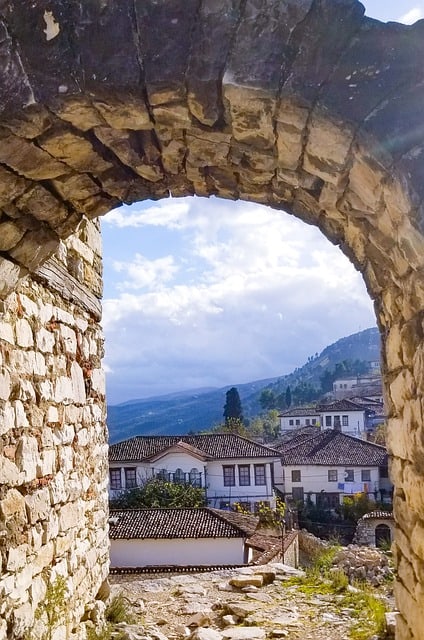
How I Dealt with Sexism During My Travels To Albania Related Reading
- Top 10 Reasons to Visit Albania
- Travel Albania: The Real Deal with Barbara Weibel
- How to Leave Tirana, Albania in Style
Have you traveled to Albania? Did you experience sexism? Email us at editor@pinkpangea.com to share your experience and advice with the Pink Pangea community. We can’t wait to hear from you.
Albania Travel: How I Dealt with Sexism During My Travels photo credits by Jill Conway and Unsplash.



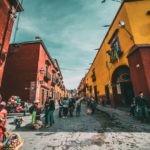
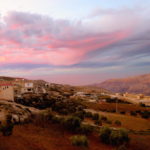
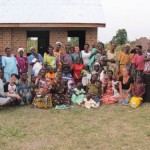

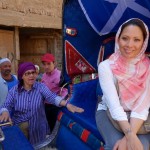

I’m so glad I found this article. Are you still in Albania by any chance?
Thanks for this. I just arrived in Albania, and immediately had a negative interaction with a man trying to follow me when I was alone. So I thought I would read up on sexism in Albania, and your article popped up. It’s frustrating and I don’t like it, but I suppose I have to deal with the sexism while I’m here.